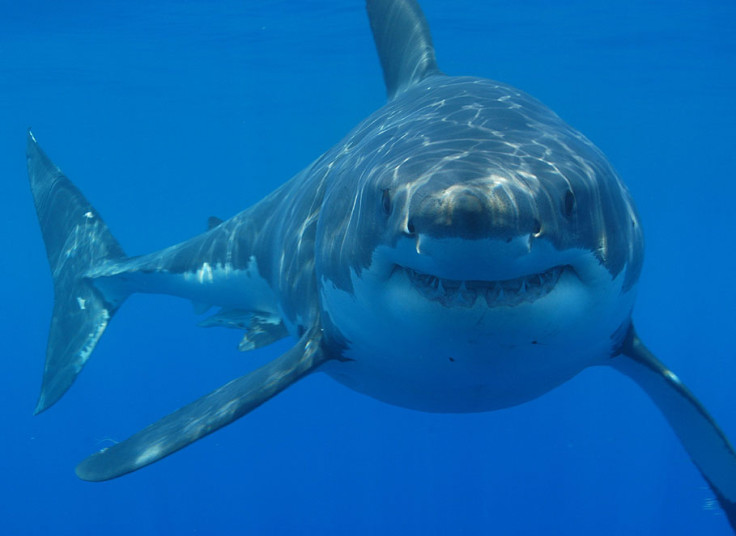Sharks protect world from climate change: Study calls for stricter hunting and cull regulations

Sharks help curb climate change, a study has found, with the authors calling for stricter hunting regulations and improved conservation to protect the predators in the future. Scientists say shark culls lead to the release of 'blue carbon' from the sea floor because of the disruption to the ecosystem they cause.
The Australian researchers said shark culls cause populations of their prey, such as sea turtles, to "run wild". The turtles then feast on seagrass, which stores huge reservoirs of carbon within sediments. With more sea turtles consuming more seagrass, the blue carbon is released into the atmosphere and accelerates climate change.
Lead researcher Peter Macreadie, from Deakin University, said: "For a long time we've known that changes to the structure of food webs - particularly due to loss of top predators such as sharks – can alter ecosystem function. In science, the consequence is what is known as a trophic meltdown. With the loss of around 90% of the ocean's top predators from around the globe, the occurrences of trophic meltdowns are now widespread."
Scientists published their findings in the journal Nature Climate Change. The team examined data from across the world to find the "potential pathways" through which the loss of predators affects carbon captured in vegetated coastal habitats.
"The influence of predators on carbon accumulation and preservation in vegetated coastal habitats (that is, salt marshes, seagrass meadows and mangroves) is poorly understood, despite these being some of the Earth's most vulnerable and carbon-rich ecosystems," they wrote.
Macreadie said sharks and other predators are being over-harvested by humans and this results in "trickle down effects on the capacity of the oceans to trap and store carbon". He said when sharks disappear, turtle populations explode and the seagrass ecosystems cannot sustain them. "The turtles overgraze, and, as a consequence, we're seeing large reductions in seagrass carbon stocks."
"At the extreme level, we see turtles without predation pressure eating themselves out of house and home and destabilising carbon stocks that have been locked away for millennia. Stronger conservation efforts and stricter fishing regulations are needed to reinstate the important role that predators play in the ocean's carbon cycle. It's about restoring balance so that we have, for example, healthy and natural numbers of both sea turtles and sharks."
The researchers acknowledge there is limited data on the topic, and say there is much need for further studies on how the loss of ocean predators relates to the loss of stored blue carbon. "There is, however, sufficient evidence to suggest that intact predator populations are critical to maintaining or growing reserves of 'blue carbon' (carbon stored in coastal or marine ecosystems), and policy and management need to be improved to reflect these realities," they wrote.
© Copyright IBTimes 2025. All rights reserved.






















